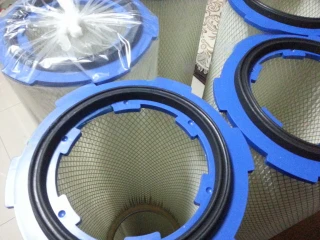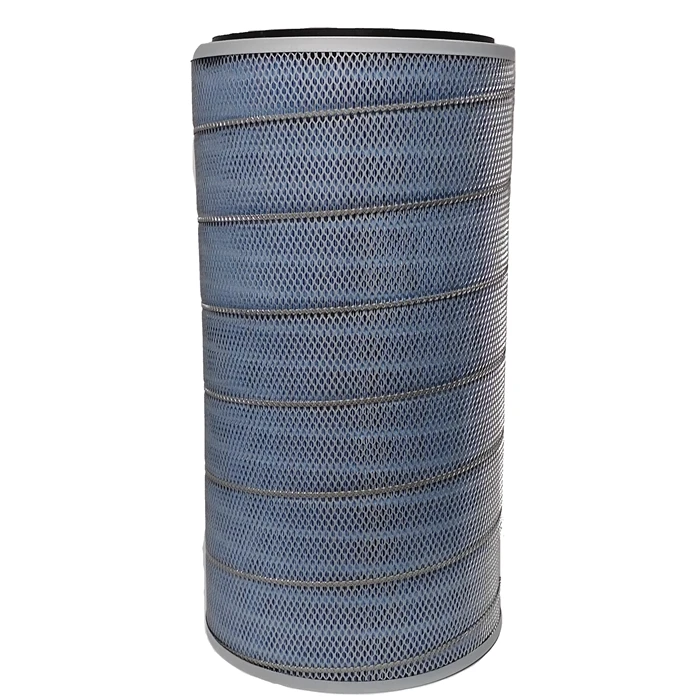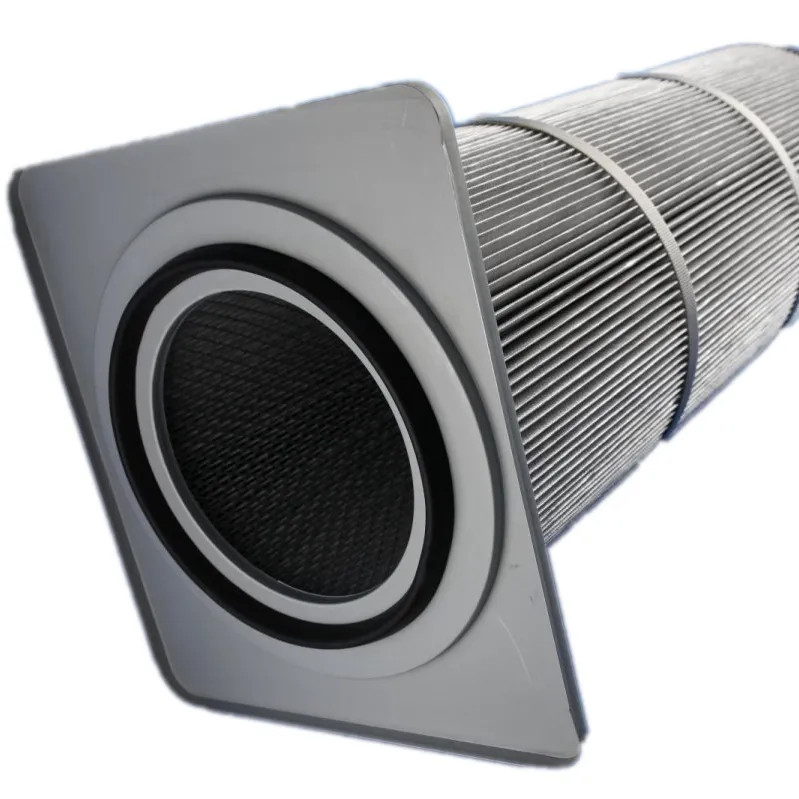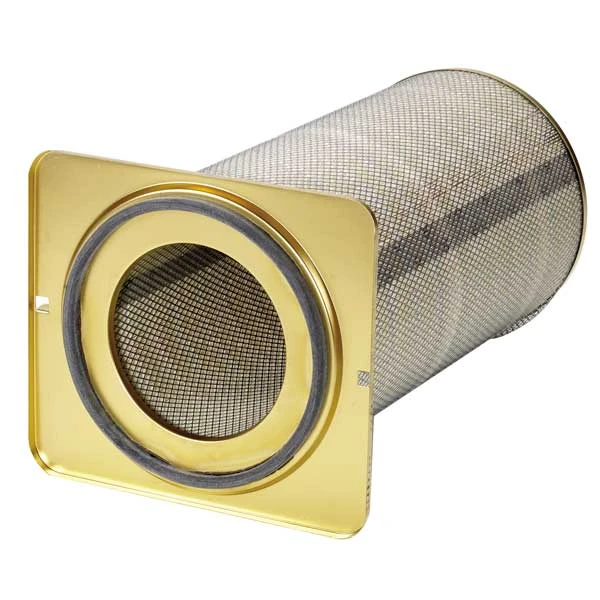 Tel:
+8618931101301
Tel:
+8618931101301
11월 . 23, 2024 08:28 Back to list
turbine air intake filters
The Importance of Turbine Air Intake Filters
In the realm of modern aviation and power generation, turbine engines play a pivotal role. Whether on a commercial airliner or a gas turbine power plant, the efficiency and performance of these engines are heavily influenced by the quality of the air they intake. This is where turbine air intake filters become an indispensable component of engine operation.
What Are Turbine Air Intake Filters?
Turbine air intake filters are specialized filtration systems designed to purify the air entering a turbine engine. The primary function of these filters is to remove particulate matter, such as dust, debris, and pollutants, that could potentially harm the delicate components of the engine. By ensuring cleaner air reaches the combustion chamber, these filters significantly contribute to the overall efficiency and longevity of the engine.
The Functions of Air Filters
1. Protection Against Particulates Turbines are finely tuned machines with components that require precise tolerances. Even the smallest particle can cause wear and tear over time. Intake filters act as the first line of defense, capturing harmful particulates before they can enter the engine.
2. Enhancing Performance Clean air is crucial for optimal combustion. Dirty air can lead to incomplete combustion, resulting in a drop in engine performance and an increase in fuel consumption. A well-maintained air intake filter helps maintain the correct air-fuel ratio, leading to better efficiency and reduced emissions.
3. Increasing Engine Lifespan Continuously exposing an engine to contaminated air can lead to accelerated degradation of internal components. By using air intake filters, operators can extend the life of turbine engines, thereby reducing maintenance costs and downtime.
Types of Air Intake Filters
turbine air intake filters

Turbine air intake filters come in various types, each serving specific operational needs
- Dry Filters These use a pleated design to trap particles. They are lightweight and effective, commonly used in gas turbine applications. - Wet Filters These filters use a liquid medium to capture particles. While they are effective in specific environments, they can be heavier and more challenging to maintain.
- Electrostatic Filters Leveraging electrical charges, these filters can attract and trap even smaller particles, providing an additional layer of filtration. They are gaining popularity in situations where air quality is paramount.
Maintenance and Replacement
Regular maintenance of turbine air intake filters is vital for ensuring optimal performance. Filters can become clogged over time, reducing airflow and efficiency. Operators must establish a regular inspection and replacement schedule based on the manufacturer’s recommendations and operating conditions. Some filters can be cleaned and reused, while others are designed for single use.
The Future of Air Filtration in Turbines
With advancements in technology, the future of turbine air intake filters is promising. Innovations such as nanotechnology are being explored to create filters that can trap particles at a much smaller scale without compromising airflow. Additionally, the integration of smart sensors can provide real-time data on filter condition, enabling predictive maintenance practices that reduce unplanned downtime.
Conclusion
Turbine air intake filters play a critical role in the performance and safety of turbine engines. By ensuring the intake of clean air, these filters not only protect the engine's integrity but also enhance efficiency and environmental compliance. As technology continues to evolve, the development of more advanced filtration systems will further optimize engine performance, underscoring the importance of these components in aviation and power generation industries. Awareness and investment in proper air intake filtration will undoubtedly pay dividends in reliability and cost-effectiveness in the long run.
-
Cold knowledge of air filters: Why are some designed to be pleated?NewsJun.16,2025
-
Factory direct supply! High-precision air filter element wholesale and customizationNewsJun.12,2025
-
A complete analysis of the practical value of activated carbon filtersNewsJun.10,2025
-
Why are high iodine coconut shell activated carbon filters more durable?NewsJun.06,2025
-
Gas Turbine FilterNewsJun.06,2025
-
Filter TurbineNewsJun.06,2025

 Email:
Email:





